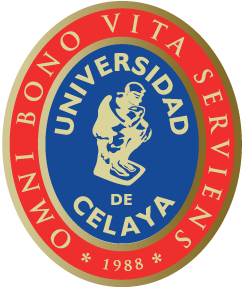Sustainable Transition
Sustainability at the University of Celaya
Sustainable Development Goals Impacted

La Universidad de Celaya, como parte de las acciones para estimular el cambio y generar el cumplimiento de los objetivos del desarrollo sustentable, ha actualizado continuamente su infraestructura física educativa para tener un menor impacto en el medio ambiente.
En 2024 la Green Metric World University Rankings reconoció a la Universidad de Celaya como la 799 universidad más sostenible del mundo, destacando en particular su desempeño en la adaptación de su infraestructura y su gestión de energía y recursos.
A nivel nacional, la Uni se encuentra entre las 22 universidades más sostenibles de las participantes en el reporte, caracterizándose por su radio de espacio abierto en relación con su área total, y la cantidad de vegetación forestal en el campus. Las áreas verdes de la universidad son un pulmón para la ciudad de Celaya, y se destacan particularmente las operaciones de mantenimiento y conservación de la flora y fauna como acciones que aumentan su desempeño en materia de sostenibilidad.
Algunos de los proyectos más relevantes de la Universidad para garantizar la sostenibilidad incluyen la gestión de agua, residuos y consumo energético:
Gestión del agua
Debido a la escasez de agua en Celaya, la Universidad ha enfocado sus esfuerzos en mejorar la gestión y el uso de este recurso. Se ha sustituido el césped convencional por césped sintético en el campo de fútbol y otras áreas verdes, eliminando el consumo de agua. Además, una cantidad considerable de mingitorios comunes se han reemplazado por urinarios secos que no utilizan agua.
Gestión de residuos
La universidad cuenta con un plan interno de recolección para baterías y equipos de cómputo obsoletos, que se entregan al gobierno municipal para su tratamiento. También separa los residuos orgánicos e inorgánicos, que son tratados por una empresa local para su reutilización o reciclaje. El plástico y el vidrio se reciclan, mientras que los residuos de poda se reutilizan como abono orgánico. La institución promueve una política «libre de papel» al sustituir documentos físicos por electrónicos. La biblioteca, por su parte, dirige un programa de colecta de papel reciclado que se intercambia por libros en una librería local.
Consumo energético
Se han instalado lámparas LED en las aulas, luces exteriores alimentadas por energía solar y calentadores de agua solares en las residencias. 60 paneles solares fueron adquiridos a través de coinversión, con un impacto de alrededor del 20% de la demanda mensual total de energía del campus.
Cultura de cuidado del medio ambiente
En las asignaturas y en la vida estudiantil en general, se fomenta a través de acciones la cultura de cuidado del medio ambiente y hacia la sostenibilidad. Por ejemplo, con campañas de difusión, proyectos académicos dirigidos a solucionar problemáticas ambientales y de sostenibilidad, actividades de reforestación, conferencias, participación en convocatorias, integración de actividades y contenidos relacionados con la aportación de cada disciplina a soluciones sostenibles, entre otras acciones de educación para el desarrollo sostenible.
Benefits obtained
1) Reducción del consumo de agua: Se eliminó por completo el consumo de agua para el césped y se estima un ahorro anual de más de 60,000 litros con el uso de los nuevos mingitorios.
2) Gestión de residuos: La correcta gestión de residuos ha reducido la contaminación del suelo y ha permitido generar abono orgánico.
3) Ahorro de energía: La instalación de lámparas LED y calentadores solares ha logrado una notable disminución del consumo de electricidad.
Estas acciones son parte de un plan que se continúa llevando a cabo para continuar con la reducción del impacto en el medio ambiente.
Te invitamos a que te sumes a las acciones institucionales y también a través de las acciones personales. Puedes medir tu huella ecológica y descubrir cómo, aquí https://calculadora-carbono.climatehero.org/
Know your campus
¿Qué tan buena es la Universidad de Celaya?

Phone number: +52 (461) 613 9099
informes@udec.edu.mx
Location: Carretera Panamericana km. 269 Col. Rancho Pinto, Celaya, Guanajuato, Mexico C.P. 38080
This website uses cookies to enhance the user experience and ensure its efficient operation. By using it you agree to the use of cookies.
